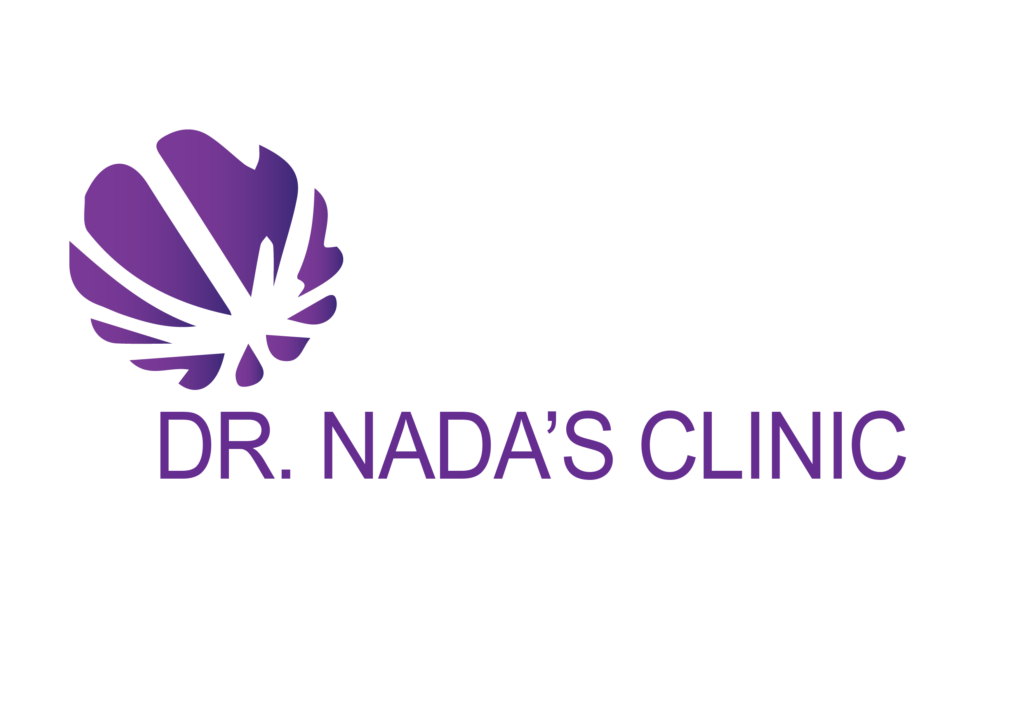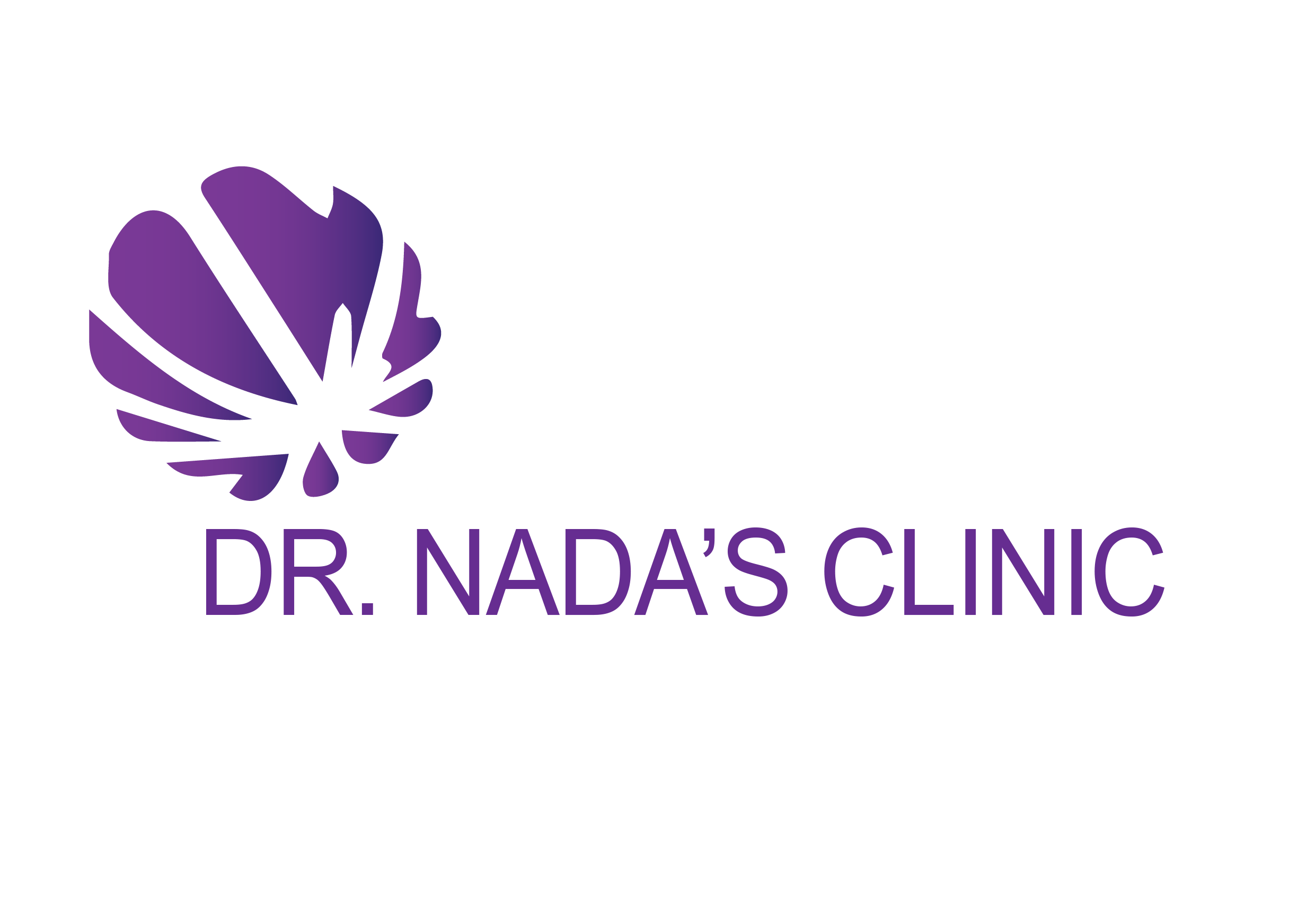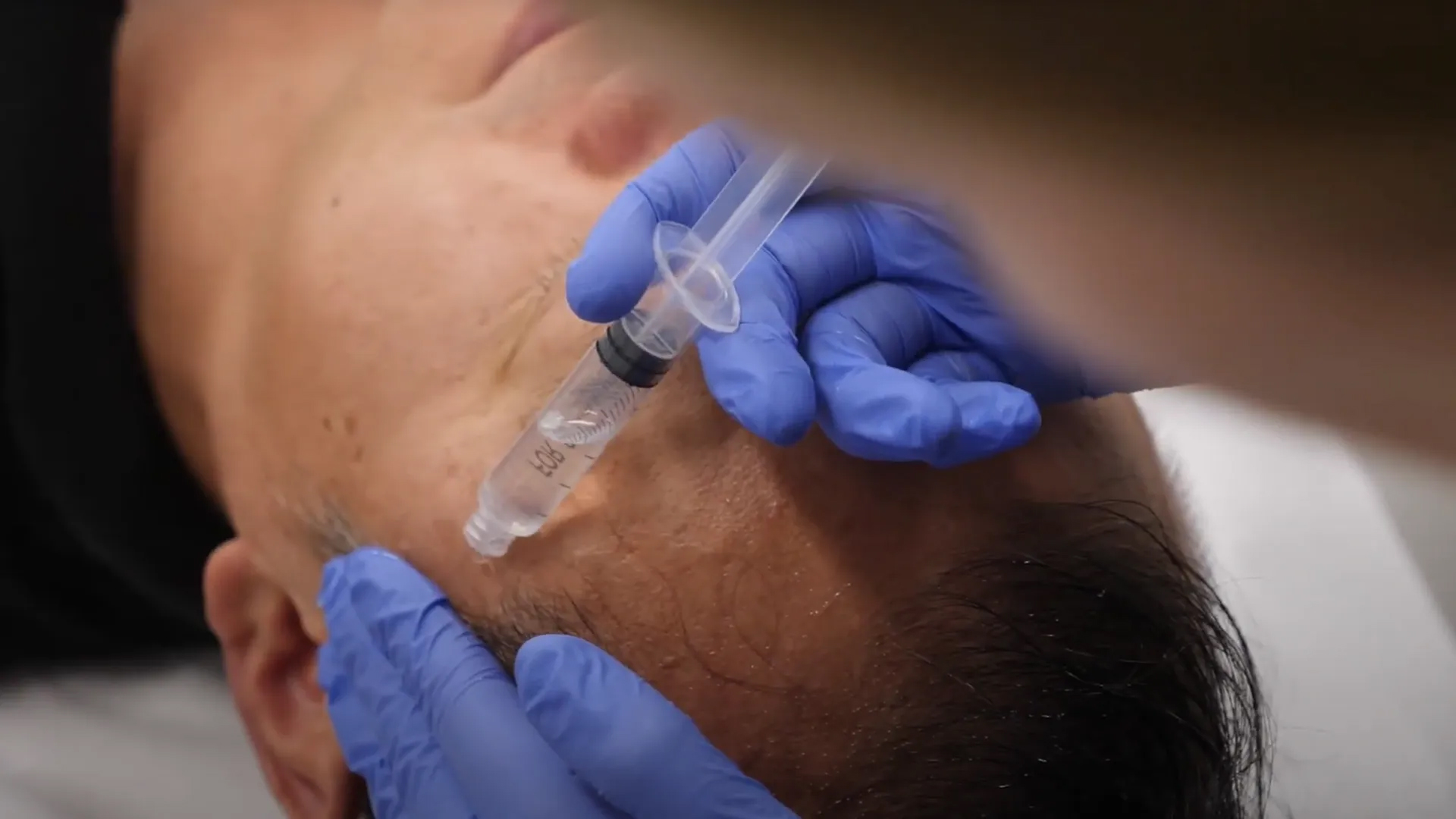Subtotal $0.00

- House No 161, Street 47, F10/4, Islamabad,
Pakistan - 2nd Floor, 29-CCA, DHA-8 (Ex Park View) Lahore, Pakistan
- haassannada@gmail.com
- +92 334-1111021
- +92 334-1111028
Shopping cart
- Phone:+92 334 1111021
- Email:haassannada@gmail.com
- House No 161, Street 47, F10/4, Islamabad, Pakistan


